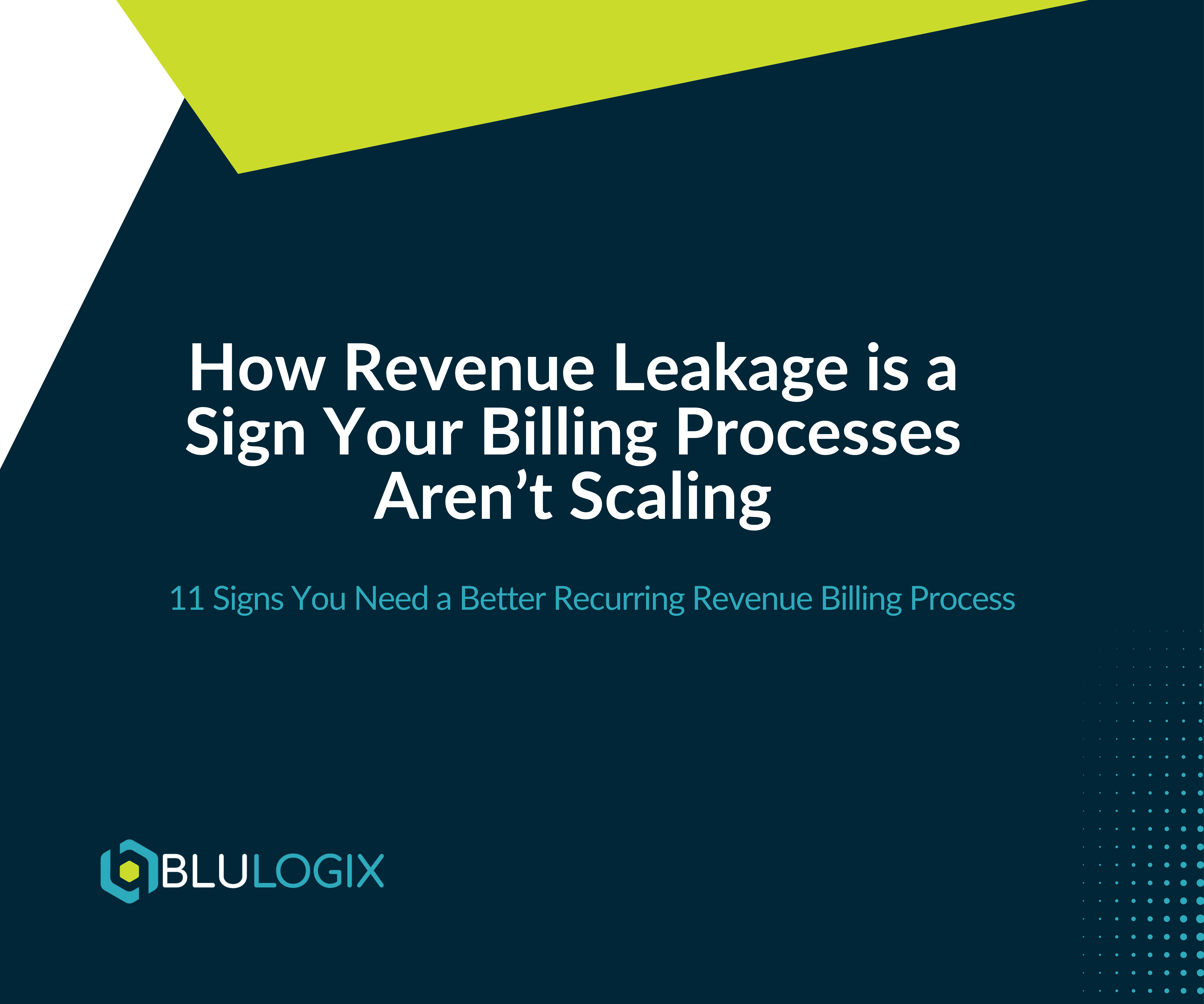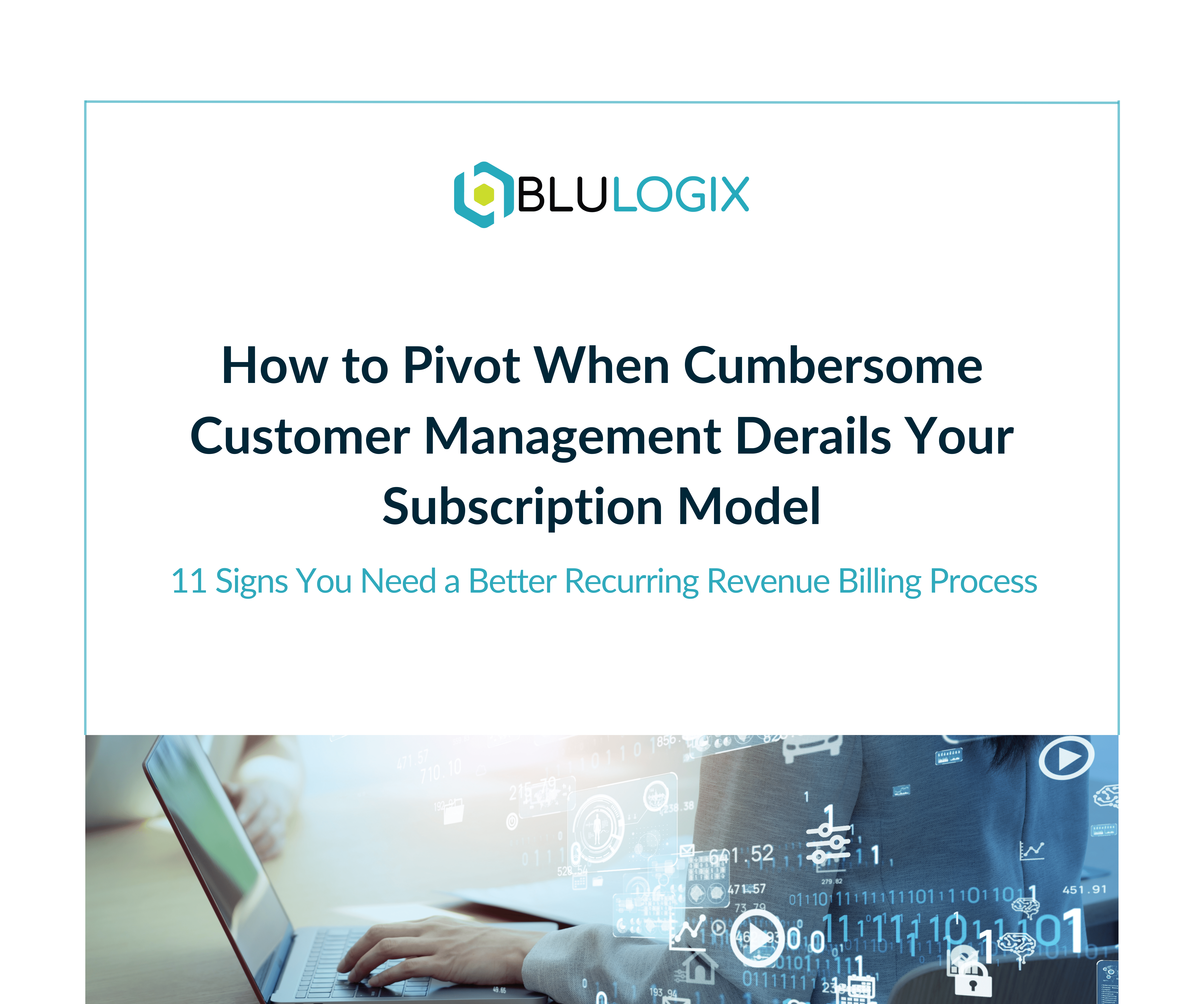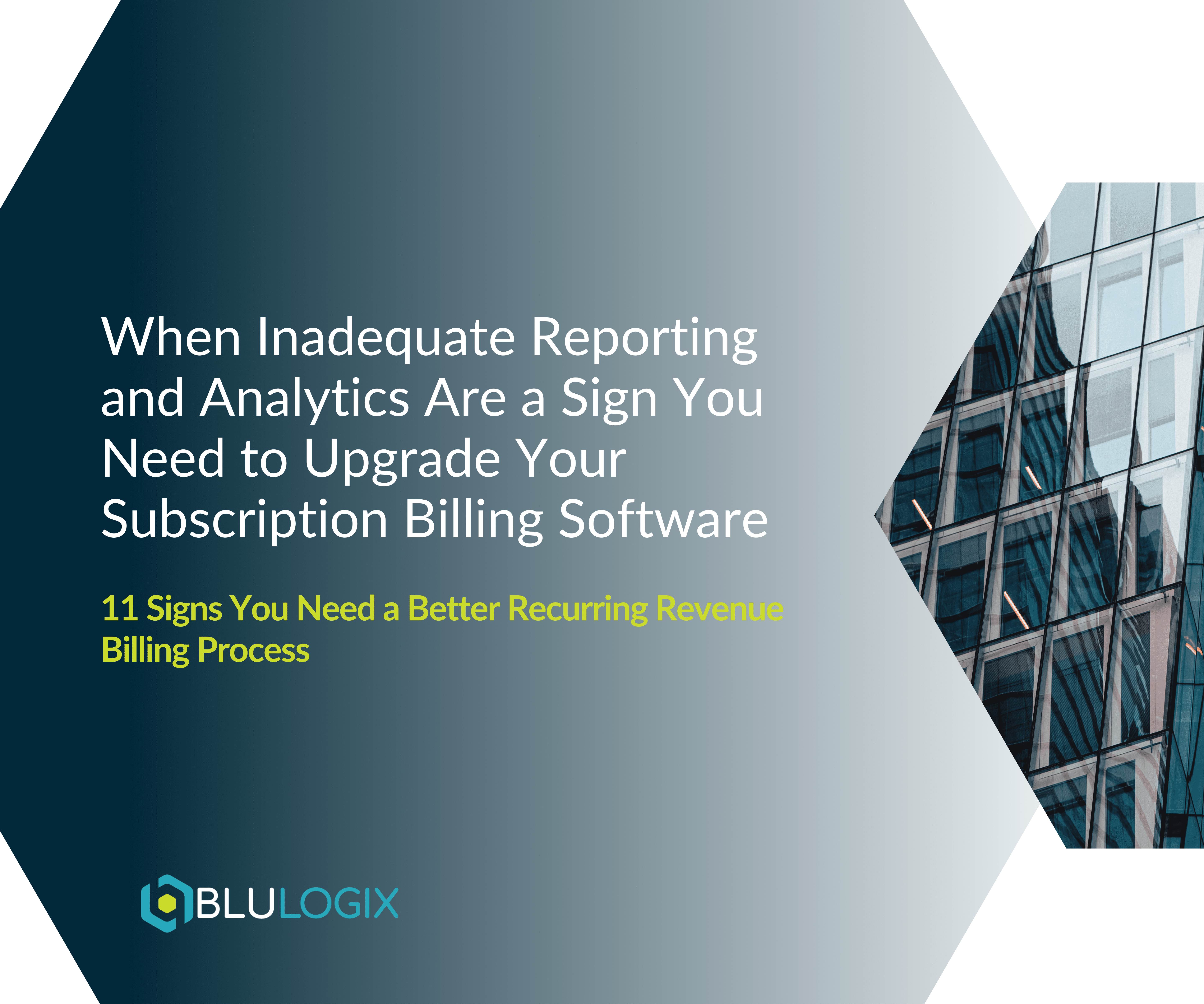Maximizing Profitability: The Impact of a Best-in-Class Mediation Engine for Managed Services Providers
Don’t forget to sign up now to learn more about how to implement usage based pricing models in our upcoming webinar with MGI Research. Register now!
In today’s rapidly evolving business landscape, Managed Services Providers (MSPs) face numerous challenges, from increasing competition to evolving customer demands. To thrive in this dynamic environment, MSPs must continually seek ways to enhance operational efficiency, reduce costs, and maximize profitability. One crucial tool in achieving these goals is a best-in-class data staging & mediation engine. In this comprehensive blog post, we’ll explore how a top-tier data staging & mediation engine can significantly improve the bottom line for MSPs.
A collection of recorded webinars and videos on Software-as-a-Service and Subscription Management
Understanding Data Staging & Mediation in Managed Services
A best-in-class data staging & mediation engine can have a transformative impact on an MSP’s profitability. Here are key areas where data staging & mediation influences the bottom line:
- Revenue Assurance and Leakage Prevention
One of the most significant contributions of data staging & mediation to profitability is revenue assurance. Inaccurate billing, missed service usage, or billing errors can result in revenue leakage. A top-tier data staging & mediation engine helps identify and rectify these issues, ensuring that every service usage is accurately captured and billed. By plugging revenue leaks, MSPs maximize their revenue streams.
- Efficiency and Cost Reduction
Efficiency is a cornerstone of profitability. A best-in-class data staging & mediation engine automates data collection and processing, reducing the need for manual intervention. This streamlines operations, minimizes the risk of errors, and saves valuable time and resources. Fewer manual processes mean lower operational costs, boosting overall profitability.
- Enhanced Service Offerings
Data Staging & Mediation enables MSPs to gain granular insights into service usage. This data can inform the development of new offerings, pricing models, and service packages. By understanding what services are most profitable at the line item level, MSPs can tailor their offerings to maximize revenue and meet customer demands effectively.
- Faster Time-to-Market
Launching new offerings or price plans can be a lengthy process without the right data staging & mediation engine. A best-in-class data staging & mediation engine offers flexibility and agility, allowing MSPs to quickly and seamlessly introduce new services, plans, or packages. This faster time-to-market results in accelerated revenue generation.
- Improved Customer Satisfaction
Accurate billing and reporting lead to improved customer satisfaction. Clients appreciate transparency in billing, as well as the ability to access detailed reports on their service usage. Satisfied clients are more likely to renew contracts, expand services, and refer new business, contributing to revenue growth.
- Data-Driven Decision-Making
In the competitive MSP landscape, data-driven decision-making is essential. A robust data staging & mediation engine provides actionable insights through detailed analytics and reporting. MSPs can make informed decisions about pricing, service enhancements, and resource allocation, all of which impact profitability.
Choosing the Right Data Staging & Mediation Engine
Selecting the right data staging & mediation engine is a critical decision for MSPs looking to improve their bottom line. Here are key considerations when choosing a data staging & mediation solution:
- Scalability: Ensure the data staging & mediation engine can handle growing data volumes and the evolving needs of your business.
- Flexibility: Look for a data staging & mediation engine that supports various data sources, formats, and protocols to adapt to changing technology landscapes.
- Automation: Seek automation features that minimize manual intervention and reduce the risk of errors.
- Integration: Ensure seamless integration with other systems, such as billing and reporting platforms, for a cohesive operational ecosystem.
- Real-time Processing: Real-time data staging & mediation capabilities are invaluable for timely billing and decision-making.
- Reporting and Analytics: Robust reporting and analytics tools provide insights into service usage and revenue performance.
- Compliance: Ensure the data staging & mediation engine complies with industry regulations and data security standards.
Measuring the Impact
MSPs can gauge the impact of their data staging & mediation engine on profitability through various key performance indicators (KPIs):
- Revenue Leakage Rate: Measure the rate at which revenue is lost due to inaccurate billing or missed service usage. A lower leakage rate indicates improved revenue assurance.
- Operational Costs: Evaluate the reduction in operational costs resulting from automation and efficiency gains.
- Client Retention: Track client retention rates to assess the impact of improved customer satisfaction.
- Time-to-Market: Monitor the time it takes to launch new offerings and services. A shorter time-to-market indicates increased agility.
- Profit Margin: Analyze profit margins to understand the direct impact of data staging & mediation on profitability.
A best-in-class data staging & mediation engine is a strategic investment for MSPs seeking to enhance their bottom line. By addressing revenue assurance, increasing efficiency, and enabling data-driven decisions, data staging & mediation significantly contributes to profitability. MSPs must carefully select a data staging & mediation solution that aligns with their business goals and scalability requirements to realize these benefits fully. As the managed services landscape continues to evolve, embracing a top-tier data staging & mediation engine becomes essential for maintaining a competitive edge and achieving long-term profitability.
A collection of recorded webinars and videos on Software-as-a-Service and Subscription Management
Learn more

How Revenue Leakage is a Sign Your Billing Processes Aren’t Scaling
Effective customer management is vital for retaining clients and maintaining high satisfaction levels in any subscription-based business model. However, many companies face challenges with

How to Pivot When Cumbersome Customer Management Derails Your Subscription Model
Effective customer management is vital for retaining clients and maintaining high satisfaction levels in any subscription-based business model. However, many companies face challenges with

When Inadequate Reporting and Analytics Are a Sign You Need to Upgrade Your Subscription Billing Software
In the complex landscape of B2B subscription billing, the ability to generate comprehensive and insightful reports is crucial. Businesses often struggle with outdated or

